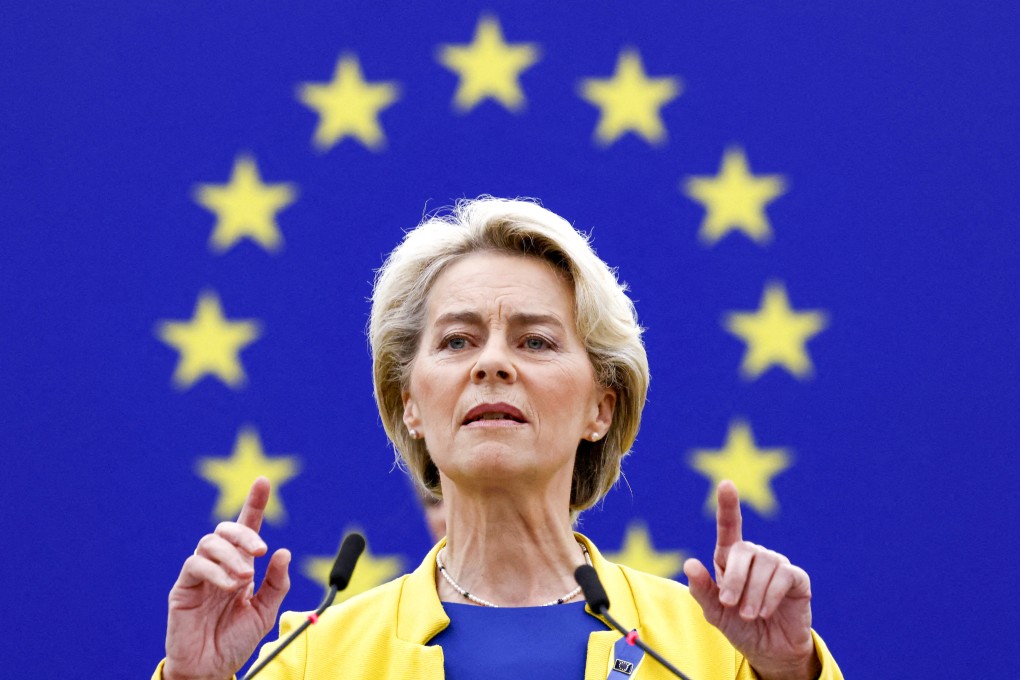EU to tackle China’s dominance of minerals to avoid ‘mistakes of the past’
- Comments by European Commission President Ursula von der Leyen come as bloc attempts to wean itself off Russian oil and gas
- Proposal targets China’s control over rare earth and lithium sectors with help from ‘like-minded partners’

She did not offer specific details but said the EU would identify “strategic projects all along the supply chain” – including extracting, refining, processing and recycling – to accrue strategic reserves in sectors “where supply is at risk”.
EU internal market chief Thierry Breton said in a LinkedIn post on Wednesday that the legislation would focus on supply chain monitoring and stress testing, strategic stockpiling, and the establishment of a European sovereignty fund.
Breton said China’s 2010 move to block rare earth shipments to Japan over a territorial dispute showed that the “supply of raw materials has become a real geopolitical tool”. He also said the EU faced a “green policy paradox” in the potential replacement of gas pumped from Russia with solar panels made in China.
